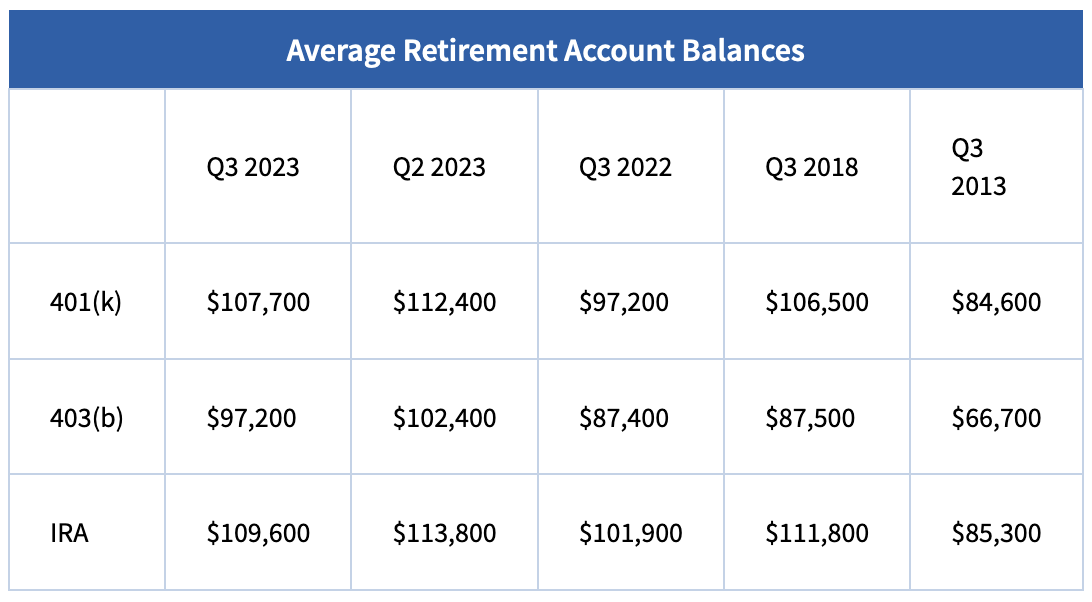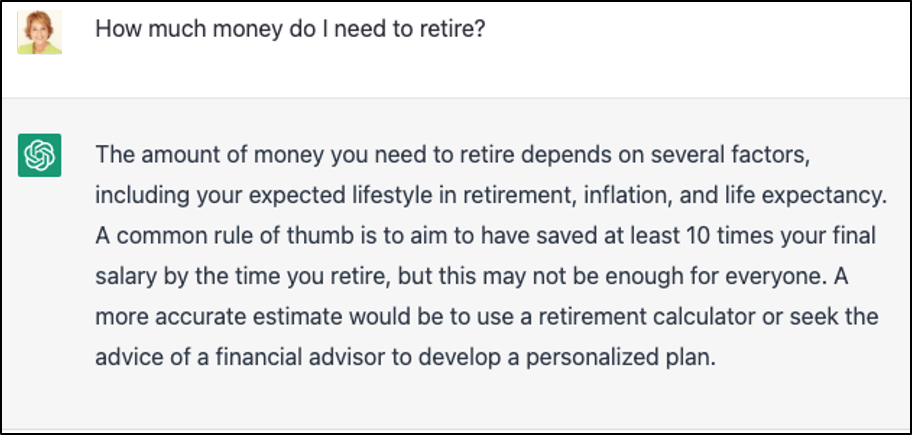According to the latest official projections, the Social Security trust fund is expected to be depleted by 2033—just eight years from now. Benefit checks will be slashed by 23% by 2035, less than a decade from now, unless Congress intervenes.
That’s a near-certainty based on the government’s data. If anything, the Social Security shortfall situation may actually be worse because the projections assumed people would suddenly start having more kids, and there would be much more illegal immigration.
It’s a BIG deal for most Social Security recipients: 63% rely on their benefit checks for at least half of their total income, and for 44%, it’s three-quarters of their income, according to the Pew Research Center.
So the question is: Will you bet your retirement security on Congress getting its act together in time?
Or would you rather take control now, so you never have to slash your lifestyle or give up the things that make retirement worth looking forward to?
The earlier-than-expected depletion of the Social Security trust fund means you’ll likely need to save far more than you originally planned. How much more depends on your age, but one thing is clear: You need a safer, smarter strategy starting today.
And adding the Bank On Yourself strategy to your financial plan may be the answer.
It helps you grow wealth safely and predictably—even when Wall Street and Washington are in chaos—and gives you guarantees no other financial vehicle can match.
Here’s What Bank On Yourself Gives You
- Guaranteed growth that never takes a step backward—even in a recession or bear market
- Safety and security that has stood the test of time, backed by a multi-layer safety net
- Access to your money when you need it, without penalties or permission
- Tax-deferred growth and TAX-FREE withdrawals, under current law
- Peace of mind, knowing your future isn’t at the mercy of Wall Street or Congress
The clock is ticking, but it’s not too late to secure your financial future.
The time to prepare is now. Start building a retirement income strategy you can count on, no matter what Congress does
Request your FREE, no-obligation Analysis today and discover how to lock in a lifetime of financial security. You’ll get a referral to a Bank On Yourself Professional who can answer your questions and create a custom-tailored strategy to help you reach your goals, without taking any unnecessary risks.
They can also show you how you could transform assets into a guaranteed income you can never outlive. So, request your Analysis by clicking on this button today:
REQUEST YOURFREE ANALYSIS!


